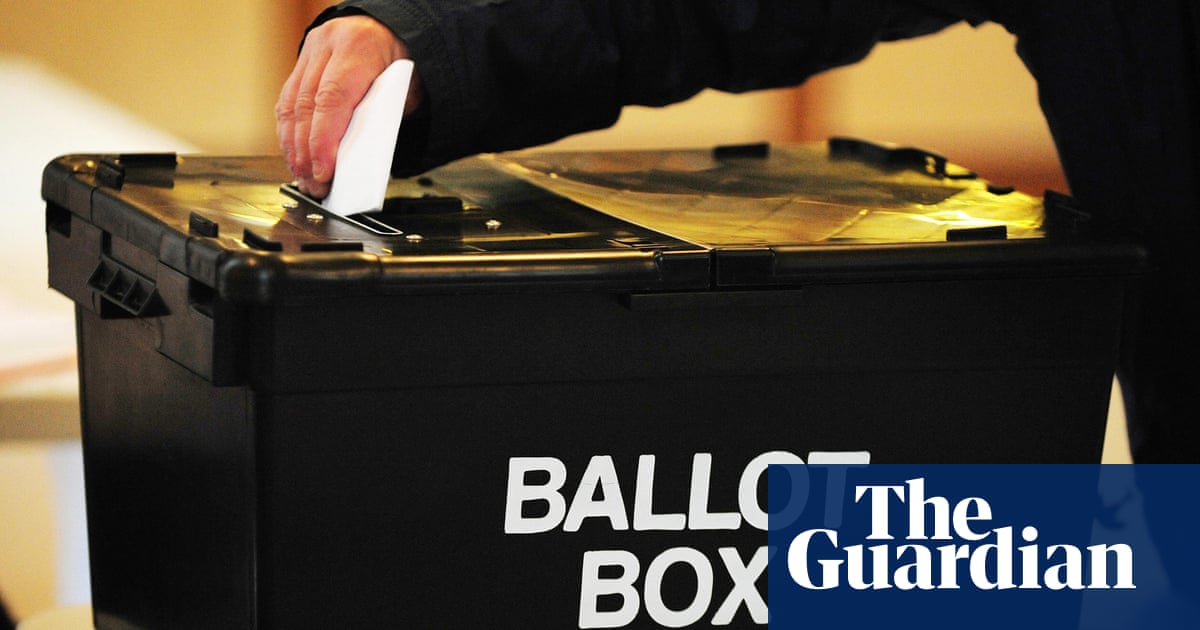German carmakers’ share prices have slumped amid fears Donald Trump will impose steep tariffs on the industry after winning the US presidency for the second time.
BMW shares fell by 7%, Mercedes-Benz by 6% and Volkswagen and Porsche by 5% as investors scrambled to adjust to Trump’s victory. The four firms were the biggest fallers on Germany’s DAX stock market index on Wednesday.
Trump has promised to impose steeper tariffs on foreign-made cars to protect US jobs, including in the traditional automotive heartland of Michigan, a state he is on track to win.
The president-elect has said he wants to impose a 10% tariff on all non-US goods, and also indicated last month that he was considering targeting German cars. At a campaign rally in Savannah, Georgia, he said: “I want German car companies to become American car companies. I want them to build their plants here.”
For the EU, machinery and vehicles are the biggest exports to the US. The country is the biggest export market for German carmakers, which are already under significant financial pressure.
US companies are expected to benefit directly from corporate tax cuts under Trump, but carmakers in particular could benefit from even greater protectionism and the possible relaxation of emissions rules.
Shares in General Motors, the owner of Chevrolet and Cadillac, and Ford rose by 4% in pre-market trading. Stellantis, which owns several US car brands including Chrysler, Dodge and Jeep, gained ground on Wednesday morning in Europe. Milan-listed shares in the company, which also controls Fiat, Vauxhall and Peugeot, rose by 1.3%.
Tesla shares surged by 13% in pre-market trading, as investors bet that vocal support for Trump from its chief executive, Elon Musk, would benefit the company. Musk has campaigned constantly for the Republican candidate in recent weeks, and he has also used his ownership of X to support him.
Tariffs would create yet another challenge for European carmakers already struggling with declining sales and profits. BMW became the latest German company to reveal falling profits on Wednesday as demand faltered in China. It reported a 79% drop in profits to €838m (£699m) in the three months to the end of September – compared with more than €4bn a year earlier.
The automobile sector enjoyed a relatively brief period of strong profits after the supply chain chaos of the Covid pandemic, but that has been overtaken by a global slump in demand that has spread through all parts of the industry.
The drop in profits has come at a tricky time for the industry as it faces the need to invest heavily in the transition from petrol and diesel to electric cars.
after newsletter promotion
BMW said that sales during the quarter had fallen by 13% to 540,000. It had already warned of falling sales in September after it was forced to stop deliveries because of problems with brake components. It said, however, that the “challenging market environment” in China was also having an effect, with low consumer confidence weighing on sales.
Japan’s Toyota, the world’s largest carmaker by output, also reported falling sales and profits on Wednesday. It said its profit before tax in the three months to the end of September halved to ¥859bn (£4.3bn). Operating income in China dropped by a third during the six months to the end of September.
Toyota said it had increased its spending on marketing in China amid fierce competition, including from a range of Chinese manufacturers of electric cars. Sales also dropped by 13% in Japan.
Chinese carmakers are unlikely to be directly affected by Trump’s election, because Joe Biden had already raised tariffs on imports to 100%.

.png) 2 months ago
20
2 months ago
20













































